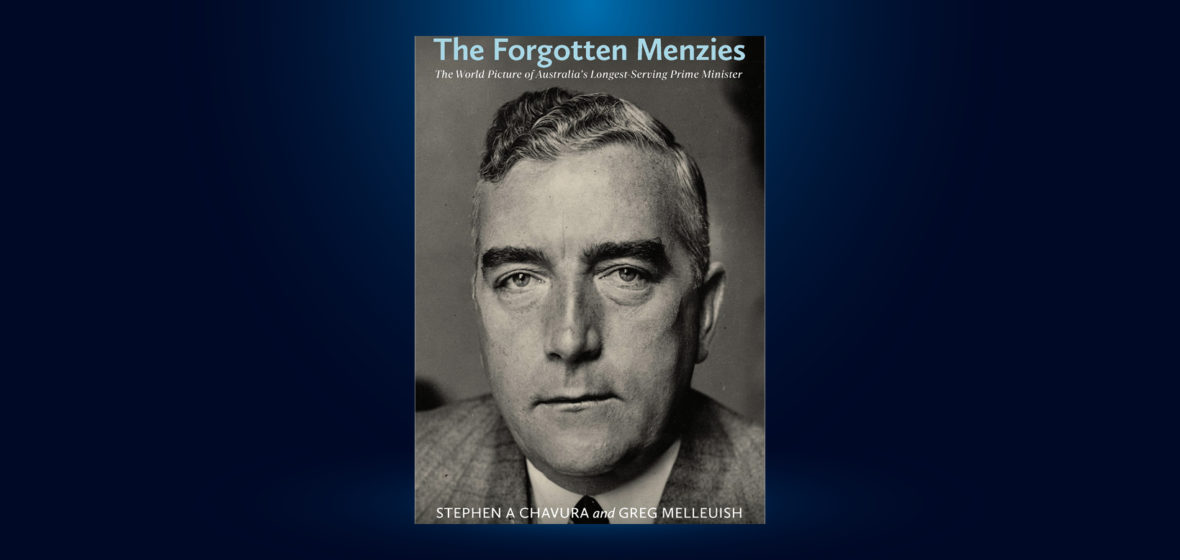Do we need another book on Robert Gordon Menzies, Australia’s longest serving Prime Minister? Well, in this case yes, if the cover has anything to do with it: showing a thin-faced man with darkish hair rather than the portly man with white hair. Contained in these almost 200 pages there is a politician shaped in the context of Christianity, idealism, cultural puritanism, education activism and someone self-defined as a liberal who eschewed the conservatism name.
Menzies bookended two memorable Labor Prime ministers, maintained his passion for the Crown, and gave Australia a political operation with longevity, which has held power longer than its opponents.
To understand Menzies and the irrevocable impacts he had on Australian society, the authors maintain, you need to look through the lens of cultural puritanism. They are correct. Cultural puritanism is that pervading culture of Britishness from the eighteenth and nineteenth centuries. That was Menzies’s milieu.
In the 1950’s he was still mired in that British era, where the Commonwealth was one of the world’s great achievements and Australians inherently called the UK “home”, even though they’d never been there. The “Forgotten People” speech, for which he was famed, goes back to 1942 and is drenched in self-knowledge that the Empire (and its Australian offshoot) was Christian. That theme carried through to the 1960s.
Menzies’ liberalism meant politics was a noble profession, not a necessary evil. He almost single-handed created the Liberal Party and paved its foundations. All his Party’s successors owed everything to his creation, even though he was entrenched in an era now totally alien. In understanding Menzies, this self-described word picture goes far. It delves into the depth, the psyche, the philosophy and the liberalism of the man who, through his Liberal Party set Australia on its path to the future – a conundrum for a man so firmly rooted in the past.




